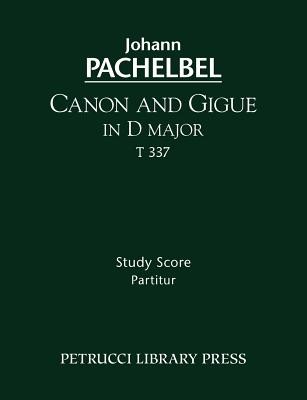
- We will send in 10–14 business days.
- Author: Johann Pachelbel
- Publisher: Petrucci Library Press
- ISBN-10: 1608740803
- ISBN-13: 9781608740802
- Format: 18.9 x 24.6 x 0.1 cm, minkšti viršeliai
- Language: English
- SAVE -10% with code: EXTRA
Reviews
Description
Johann Pachelbel's beloved Canon, the first movement of the Canon and Gigue in D major, was completely unknown until its publication in a 1918 article in the German periodical Archiv für Musikwissenschaft. The first complete score and parts, edited by Max Seiffert, appeared 11 years later. Though receiving some attention, the work only rocketed to fame in the 1970s in the wake of a recording made by the French conductor Jean-François Paillard. In recent years, Seiffert's edition has come under fire due to his his fairly liberal addition of tempi and dynamics. The problem of making a definitive score is made very challenging because the composer's manuscript is lost, and the only extant source is a 19th century copy located in the Berlin State Library. The present urtext score has no added articulations, tempi or slurs. Only dynamics have been added, as a possible suggested interpretation only.
- Author: Johann Pachelbel
- Publisher: Petrucci Library Press
- ISBN-10: 1608740803
- ISBN-13: 9781608740802
- Format: 18.9 x 24.6 x 0.1 cm, minkšti viršeliai
- Language: English English
Johann Pachelbel's beloved Canon, the first movement of the Canon and Gigue in D major, was completely unknown until its publication in a 1918 article in the German periodical Archiv für Musikwissenschaft. The first complete score and parts, edited by Max Seiffert, appeared 11 years later. Though receiving some attention, the work only rocketed to fame in the 1970s in the wake of a recording made by the French conductor Jean-François Paillard. In recent years, Seiffert's edition has come under fire due to his his fairly liberal addition of tempi and dynamics. The problem of making a definitive score is made very challenging because the composer's manuscript is lost, and the only extant source is a 19th century copy located in the Berlin State Library. The present urtext score has no added articulations, tempi or slurs. Only dynamics have been added, as a possible suggested interpretation only.


Reviews